Doing Things Differently: Food Scraps Aren’t Trash!
Bubbly Dynamics' work at The Plant has earned us certification through the Illinois Food Scrap and Composting Coalition's We Compost program, by composting our business community's organic waste on site. Cool to see that Green is actually a higher level than Gold (sorry, Packers fans, you can’t have it both ways in the IFSCC’s composting hierarchy): the Gold Level can be attained by composting both pre-consumer and post-consumer food scraps with a service, while the Green Level is reserved for businesses that compost their own food scraps on site. At The Plant, we process both pre- and post-consumer food scraps on site, and currently we’re in lonely company here at the Green Level only with the Writers Theatre in north suburban Glencoe … who knew?? And over at Bubbly, we’ve achieved Gold Level by partnering with Block Bins, such that food scraps from the building, individual tenants, and neighbors are all commingled in a shared bin.
Here’s how we do it: our smart and talented team designed and built a bunker system to process organic wastes from the building and the outdoor farms. With a little help from our front-end loader, we process the landscape waste from the farms, spent grains from the brewery, coffee chaff, and any little odds & ends from our staff kitchen and the food-production businesses (which don't actually create much waste, as inputs are used before they've spoiled and outputs are, well, eaten!). Then, after the organics are broken down into beautiful, nutrient-rich compost, it's used right here on our outdoor farms. So there’s no need to pay a “waste” service to haul the valuable byproducts off-site, and there’s no need to purchase and transport compost here to the farms: win-win-win! We do share surplus as it's available... the word even got out to our local firefighters, who stopped by for compost a few times this summer to build up their growing space next to their firehouse.
Many municipalities in the U.S. offer composting as part of their standard waste service: of course, there’s the usual suspects in the sustainability world such as Portland and Seattle, but even New York City is pulling it off, as are up-and-comers in sustainability leadership like San Antonio. Cities on the East Coast are particularly aware that space is filling up in those landfills, while the Midwest isn’t quite feeling that urgency yet. Here in Chicago, the City recently expanded its Food Scrap Drop-Off program, and it provides Christmas tree and wreath mulching at select parks in early January (upcoming in 2026, the program will run from Jan. 11-25).
What Can You Do?
Many environmentally minded Chicago residents opt in to private composting services; check out the tips on seeking out composting services as well as how to get started composting at home in our prior blog post linked here. It’s super easy to keep a five-gallon bucket in the kitchen or on a back porch to hold those food scraps for a weekly or biweekly service. Or learn to DIY at home with vermicomposting, a tumbler, or a simple bin system that requires manual turning, kind of like what we do at The Plant but with a shovel instead of a tractor.
If you're not composting yet, consider getting your feet wet with seasonal organic waste such as pumpkins, gourds, turkey scraps, and Christmas trees. You can compost undecorated/unpainted pumpkins in a home composting system, through a municipal service, or via a compost company. A pro tip from our crew here in Chicago: even if you have a subscription with a residential composting service, keep the City’s Food Scrap Drop-Off program in mind to handle the seasonal uptick in organic waste. In particular, jack o’ lanterns and the uptick in food scraps around Thanksgiving, especially for those who celebrate with turkey, definitely create an overflow situation for a bucket. Pumpkin Smashes pop up all around Chicagoland, though that’s typically a special event on a set day; our pumpkins were still going (we just LOVE when pumpkins get to hang out with the snow!) so we weren’t ready to part with our jack o’ lanterns in early November.
Mulching of trees and wreaths is a very common municipal service, so check with your municipality about its availability so that you’re ready in early January. It’s heartbreaking to see Christmas trees ditched in alleys — please don’t!
If your municipality isn’t offering composting services, or if they’re still in the pilot phase, be an advocate: tell your city’s leadership why it’s important to you, and that you’d like to see any existing services expanded.
And last but absolutely our first go-to strategy: avoid food scraps in the first place! Check out the Natural Resources Defense Council's excellent Save the Food resources for clever recipes that use food that might inadvertently get scrapped, tips on storing food, and much more. Give a try at pickling, dehydrating, and fermenting (and watch our event calendar as we do occasionally hold workshops on these topics). Drop off surplus at a food pantry or Love Fridge — now more than ever, if that’s possible, our neighbors can use support. First and foremost: eat the food!
